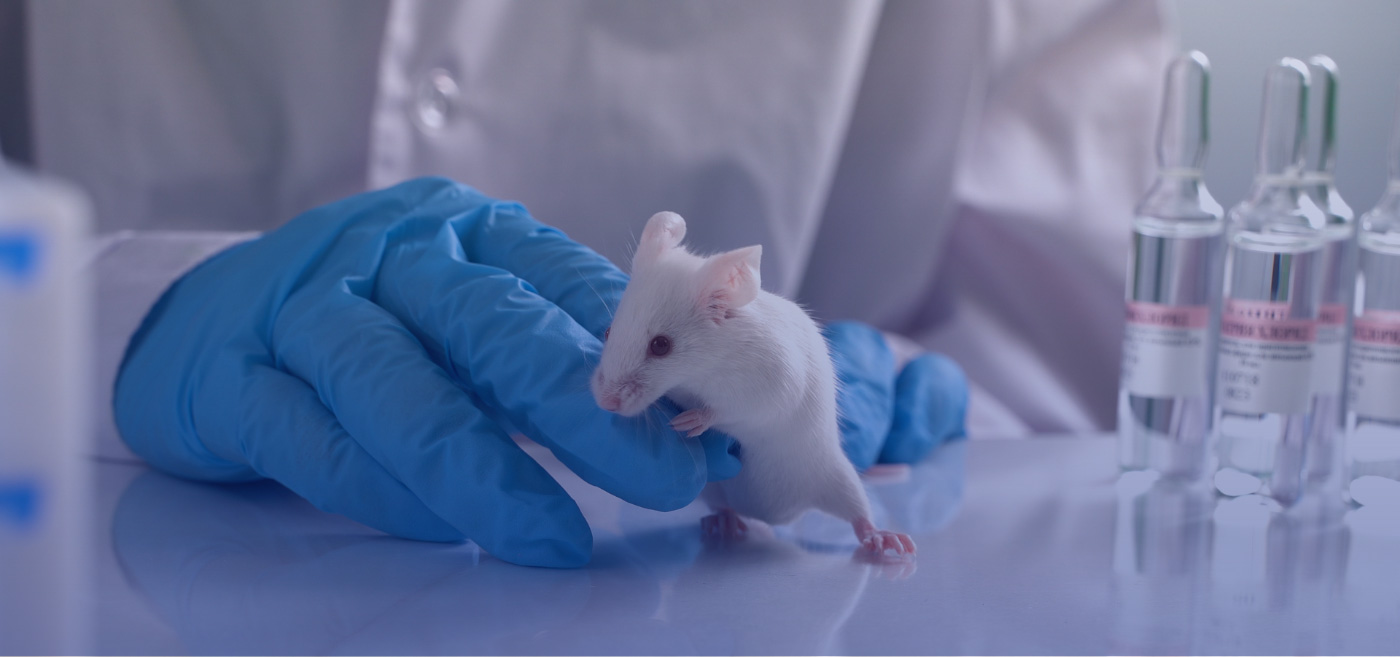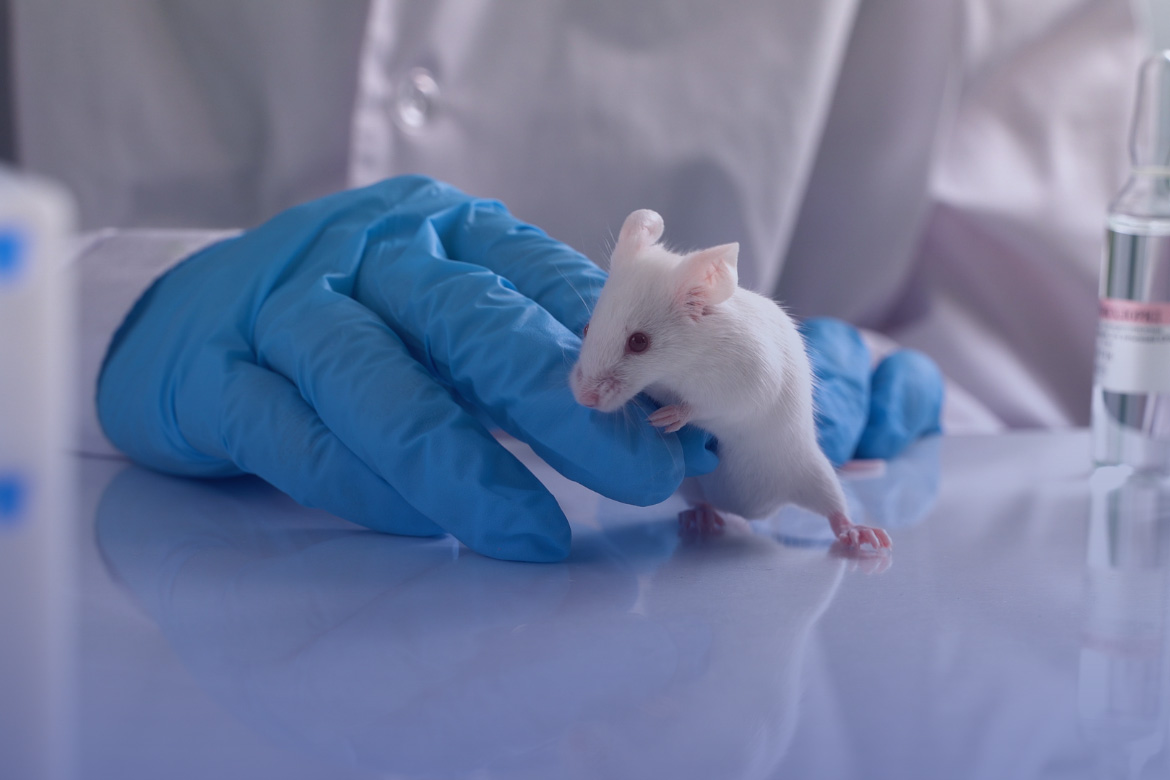Toxicity In Rodents, Dogs and Monkeys
Overview of Toxicology Studies and Toxicity Services
BioDuro-Sundia offers an extensive range of exploratory toxicity tests to help you evaluate the safety and efficacy of possible drug candidates. These tests are conducted both in vivo and in vitro using experimental animals such as rodents, dogs, and monkeys. Studies are closely tailored to client needs to provide actionable insights and support your drug development goals.
Our toxicity testing services include:
Maximum tolerated dose (MTD): Identifies the highest possible dose of a substance that can be administered without adverse effects.
Dose range finding (DRF) and toxicokinetics (TK): Tests various dosages over an extended period of time to observe their pharmacokinetic profiles and how they perform in the body.
Clinical observations: Monitors animals for changes in health or behavior after consuming the test substance.
Clinical pathology: Tests blood and other biological samples to identify changes to essential bodily functions and organ performance.
Histopathology: Examines tissue samples to identify cellular damage or other structural changes in the body.
Why Choose BioDuro-Sundia for Toxicity Testing?
BioDuro-Sundia is an industry leader in drug discovery, development, and testing services. We use advanced technology and testing procedures to create custom toxicity studies for our clients. This includes LS-MS/MS systems and other state-of-the-art testing equipment.
Our team has extensive experience in preclinical drug development and has worked with a wide range of animal models. We utilize AAALAC-accredited vivariums and comply with global regulatory agencies for safety and quality.
Additionally, we take an integrated approach to drug development, guiding clients from the initial discovery through to preclinical and clinical trials. Our all-in-one approach allows us to operate more efficiently and provide rapid turnaround times for clients.
Turnaround Time
At BioDuro-Sundia, we value efficiency, providing rapid turnaround times for exploratory toxicity services without compromising quality. While exact turnaround times will vary by study, we generally offer timelines of 10 working days for toxicokinetics and clinical pathology, as well as 5-6 working days for histopathology reports.
Contact Us
Ready to get started?
Click here or email us at hello@bioduro-sundia.com to get in contact with a BioDuro representative and discuss your exploratory toxicity and DMPK-related needs. Our team will take the time to understand your drug development goals and develop a testing strategy that works for you.
Q&A
What is exploratory toxicology and its role in toxicity assessment?
Toxicology studies in drug development are essential for ensuring pharmaceutical products are safe and effective. This process focuses on identifying potentially toxic compounds in candidate drugs before they proceed to clinical trials, giving pharmaceutical developers the opportunity to address safety concerns early on in the process.
How does BioDuro-Sundia conduct toxicity testing?
At BioDuro-Sundia, we use a variety of techniques in our toxicological testing services. These include Maximum Tolerated Dose assessments, Dose Range Finding, and detailed clinical pathology assessments. Our focus is on providing detailed, accurate data to support your drug development goals and minimize safety risks.
What types of studies are included in your toxicity assessments?
Our toxicological research is comprehensive and includes practices such as toxicokinetics, clinical observation, histopathology, and clinical pathology analysis. These studies are available across a range of animal models.
Why is the Maximum Tolerated Dose (MTD) important in toxicity testing?
Measuring the MTD of a drug determines the highest possible safe dose for testing. This helps create a baseline to prevent safety concerns during clinical testing.
What is the role of clinical pathology in exploratory toxicity?
Clinical pathology analyzes blood and other biological samples to evaluate how a target compound affects the body and changes organ function. This information helps pharmaceutical companies identify and address toxic effects of the drug.



 Home
Services & Solutions
Discovery
Drug Metabolism and Pharmacokinetics (DMPK)
Toxicity In Rodents, Dogs and Monkeys
Home
Services & Solutions
Discovery
Drug Metabolism and Pharmacokinetics (DMPK)
Toxicity In Rodents, Dogs and Monkeys
